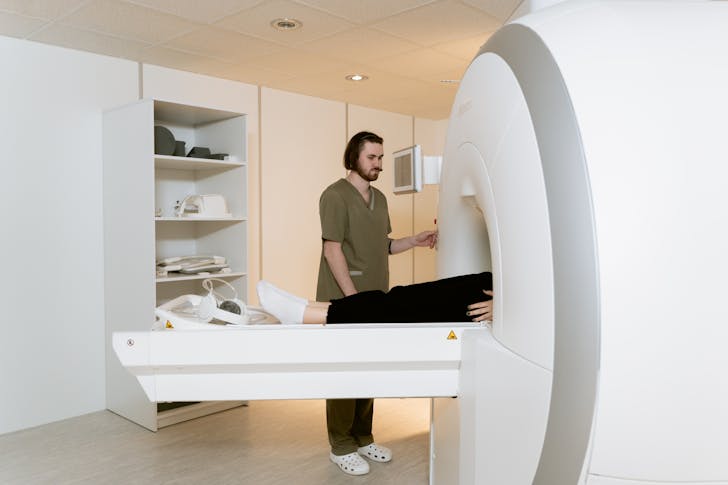Bowel cancer, also known as colorectal cancer, has traditionally been associated with older adults. However, recent data shows a troubling rise in cases among people under 50. This global trend has been observed in countries such as the United Kingdom, New Zealand, and Chile. Understanding the factors behind this increase can shed light on potential prevention strategies and lifestyle changes.
What Is Bowel Cancer?
Bowel cancer is a form of cancer that develops in the large bowel, which includes the colon and rectum. It is the third most common cancer worldwide and ranks as the second leading cause of cancer-related deaths. In 2022 alone, over 1.9 million cases were diagnosed, with nearly 904,000 fatalities.
The disease manifests through symptoms such as rectal bleeding, persistent abdominal pain, changes in bowel habits, and unexplained weight loss. Early detection greatly improves survival rates, making awareness and timely diagnosis critical.

The Rising Trend of Bowel Cancer in Younger Adults
Global health organizations have noted a significant rise in bowel cancer cases among younger adults. In a study published in The Lancet Oncology, rates of early-onset bowel cancer increased in 27 of 50 countries between 2013 and 2017. New Zealand, England, and Puerto Rico reported the steepest annual increases, with rates climbing by over 3% each year.
Historically, bowel cancer was most prevalent in high-income countries like the United States, Australia, and Canada. However, the trend is now expanding to regions undergoing rapid urbanization, such as parts of Latin America and Asia. Countries like Chile, Japan, and Turkey have seen similar spikes, likely tied to changing diets and lifestyles.
Lifestyle Factors Driving the Increase
One of the primary drivers of this rise is lifestyle changes over recent decades. Increased consumption of processed foods, combined with sedentary habits, plays a major role in altering gut health. Diets high in fats and sugars but low in fiber fail to provide the nutrients necessary to protect against cancer. They also disrupt the gut microbiome, the complex system of microorganisms that support digestion and immunity.
Chronic inflammation, another potential factor, can further increase cancer risk. Emerging research suggests that inflammatory compounds and bile acids produced during digestion may contribute to abnormal cell growth in the colon. These shifts in diet and lifestyle, starting from childhood for many in high-income countries, have likely compounded risks over time.
The Role of Genetics and the Environment
While lifestyle factors are significant, genetics and environmental influences also contribute to the development of bowel cancer. Family history and inherited genetic mutations can elevate risk, though most cases are sporadic. High consumption of red and processed meats, particularly when cooked at high temperatures, produces carcinogenic compounds that heighten risk. Smoking, excessive alcohol intake, and obesity are other well-documented contributors.
Additionally, urbanization has introduced new environmental exposures, such as air pollution and industrial chemicals, which may increase cancer susceptibility. Countries undergoing rapid economic and social shifts are especially vulnerable to these changes.
Treatments and Outcomes for Younger Patients
Younger bowel cancer patients often receive more aggressive treatment plans, including surgery combined with chemotherapy or radiation therapy. Targeted therapies and immunotherapy are emerging options, particularly for advanced cases with specific genetic markers. However, despite intensive treatment, survival outcomes for younger patients are not significantly better than for older adults.
Early detection remains critical. Tumors identified in the initial stages have a five-year survival rate of about 90%. However, when cancer metastasizes, survival rates drop dramatically, with only 10% of Stage 4 patients surviving five years post-diagnosis.

Prevention Strategies to Reduce Risk
While some risk factors for bowel cancer cannot be controlled, lifestyle modifications can significantly lower the likelihood of developing the disease. Regular screenings, such as colonoscopies and stool tests, starting at age 45, are highly effective in detecting precancerous growths. Increased awareness of symptoms and family history can also aid early diagnosis.
A diet rich in fiber, fruits, and vegetables, coupled with a reduced intake of red and processed meats, supports better gut health. Limiting alcohol consumption, avoiding smoking, and maintaining an active lifestyle further reduce risk. For individuals with a family history of bowel cancer, genetic counseling may provide additional insights and preventative measures.




